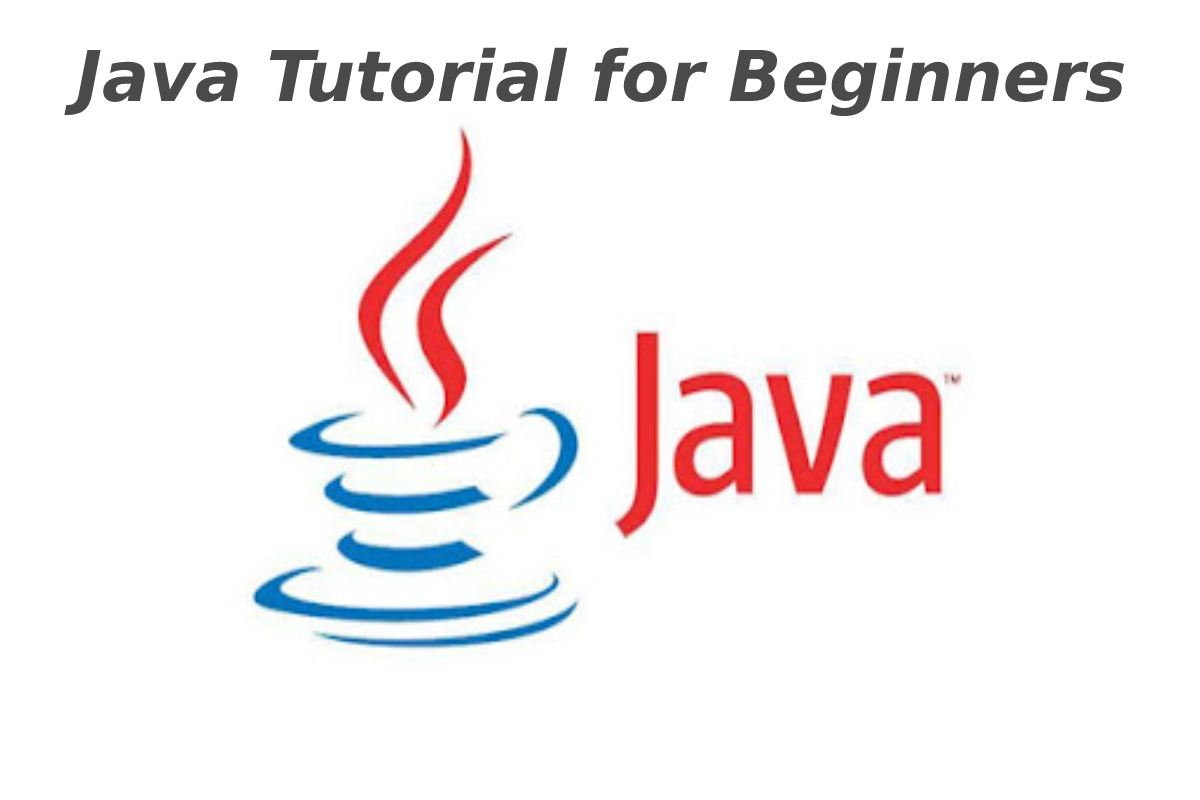Java Tutorial – James Gosling and Sun Microsystems released Java in 1995. Java is a high-level programming language. The java codes are developed in a write-once-run-anywhere scheme. It means that once the code is written in java, it can be run anywhere, irrespective of the platform.
According to a survey by Stackoverflow, Java ranks third in the list of popular technologies in the world. Though programmers have used many other languages, java is the one that still stands out among the rest. The reason is the long-time trust and reliability among the programmers. It provides sophisticated and efficient solutions to users.
The tech industry is evolving, but one thing that professionals undoubtedly demand isn’t the ability of the candidates to perform the foundational programming. The job portals have numerous job listings for java developers.
All of the expertise in java starts with the basics. So the developers must master the basics first and then move on to the advanced topics. They can also refer to the Java Training in Chennai and people from other parts of India; they can also check the online resources.
Also Read: 5 Ways Your Sales Team Can Use Social Media To Generate Leads
The article below introduces you to some of the basic concepts that are used in Java.
Table of Contents
Features of Java
Some of the features of Java are listed below:
-
Simple
[Java] codes and syntaxes are easy to learn and write. It has also removed the complexities of the code in C++, such as operator overloading, pointers, etc.
-
OOP
Java is Object Oriented Programming(OOP) language that creates objects. Each object has its characteristics and properties. This makes it easier to distinguish programs with different purposes.
-
Platform independent
Java codes are written once and can be run anywhere on other platforms. So java codes are platform-independent.
-
Secured
The [java] written codes are encoded in the form of bytecode, which humans cannot understand. This makes it impossible to copy or leak the data from the system. As such, privacy is guaranteed.
-
Robust
[Java] is robust because it handles run-time errors efficiently. Also, it supports the automatic collection of garbage and exception handling and avoids the explicit pointer concept.
Basics of Java
The topics that need to be covered in [java] are the following:
The Java Platforms
The [java] platform allows the users to write the code and execute the applications. So basically, [java] has three types of media-
Java development kit
It consists of tools to compile, run, document, and package [Java] programs.
Java runtime environment
It provides the minimum requirements to execute a [java] program
Java Virtual Machine
It is a run-time interpreter that executes a [java] program line by line
- The Object-Oriented Programming(OOP) concepts
[Java] is an Object-oriented programming language that creates objects instead of procedures and helps to call them whenever required. The four principles that it follows are
Data Inheritance, Data Encapsulation, Data Abstraction, and polymorphism.
- Arrays
One of the forms to store large sizes of data is by using Arrays. So arrays are usually the basic data structures used to store large amounts of homogenous data. So [java] supports all three forms of data, i.e. one-dimensional, two-dimensional, and three-dimensional arrays. The elements of arrays can be accessed with the help of indexes. Once the array size has been allocated to the array, it cannot be modified further.
- Classes and Objects
A class is a group of data members and methods together. A course consists of the following components: access modifier, class name, and class body. While objects are instances of a class. It consists of real-world entities and manipulates them by invoking methods. The [java] object consists of identity, behaviour, and state.
- Control Flow
The control statements define the flow of any [java] program. There are three types of control statements in java:
Selection- if-else, switch case statements
Iteration- for loop, while loop, do-while loop
Jump-break, continue
- Java Collections
[Java] consists of collections that are pre-defined architectures used mainly for data manipulation. Data manipulation includes activities such as searching, storing, insertion, deletion, sorting, or updation of data. As such, it behaves as a single unit similar to an object or a group.
Conclusion
From the basics, it can be concluded that the features of Java Tutorial are reliable and can build robust applications. [Java] has applications spread over various industries, such as banking, retail, information technology, android applications, the stock market, big data, and scientific and research communities. The students or the fresh graduates, or the professionals willing to start their career in [Java] can do so by learning the basics that will help them move in their career path.

